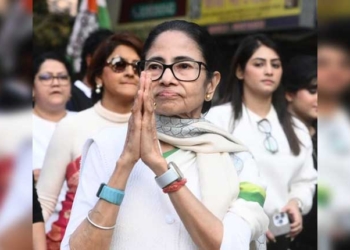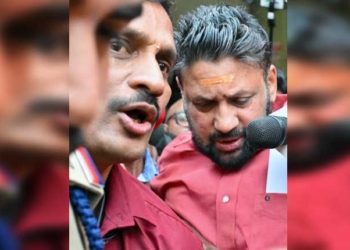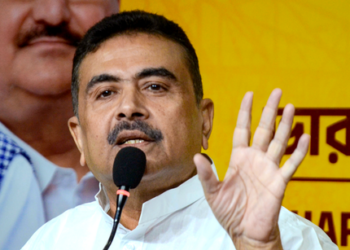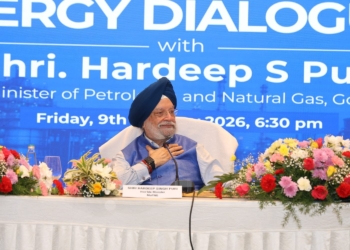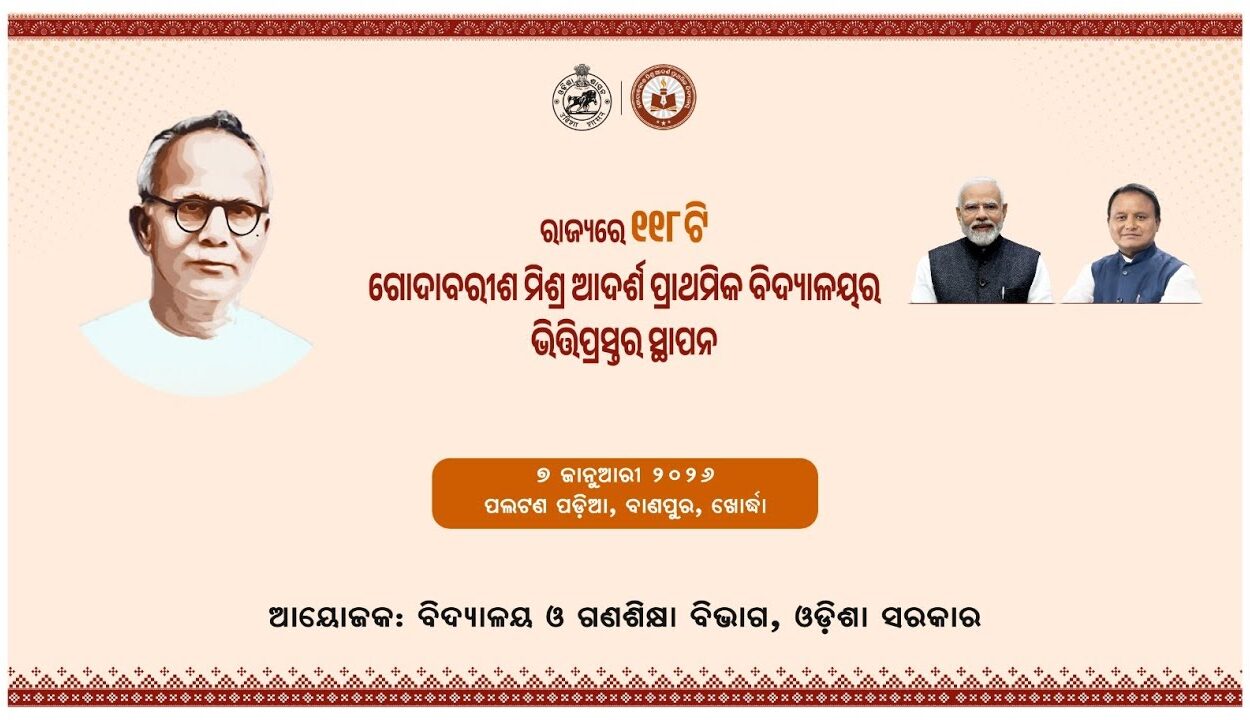Raipur: In a major success for anti-Maoist operations in Chhattisgarh, security forces arrested five Maoists, including a minor, in a joint action near the Chintalnar police station area of Sukma district.
The operation, carried out by personnel from the District Reserve Guard (DRG), Bastar Fighters, and local police, led to the recovery of a significant cache of explosives.
Among the seized items were 20 gelatin sticks, eight detonators, 10 non-electric detonators, and approximately three meters of cordex wire.
According to Sukma SP Kiran Chavan, the arrested individuals were active militia members from the Jagargunda-Pamed area committee and had been involved in a firing incident targeting a police patrol party on November 24, 2024.
All five had serious criminal cases registered against them at the Chintalnar police station.
Following their arrest on July 16, four were sent to judicial custody while the minor was placed in a juvenile home. This development comes amid an intensified crackdown on Maoist insurgency across Bastar, following Union Home Minister Amit Shah’s announcement to eradicate Naxalism from India by March 2026.
Maoist organisations themselves have acknowledged the loss of 357 cadres in the past year, including 136 women fighters, in a booklet listing names of those killed in encounters.
The government’s dual approach — combining aggressive security operations with rehabilitation efforts — has led to over 1,400 Maoist surrenders since December 2023.
Many former cadres have cited ideological disillusionment and internal discrimination as reasons for laying down arms.
Just last week, 23 Maoists with a combined bounty of Rs 1.18 crore surrendered in Sukma, including senior members of the PLGA battalion.
Officials said the latest arrests highlight the growing effectiveness of coordinated intelligence and field-level action.
With sustained pressure and expanding development initiatives in remote tribal regions, authorities aim to further dismantle the insurgency and reintegrate former combatants into civil society.
(IANS)





